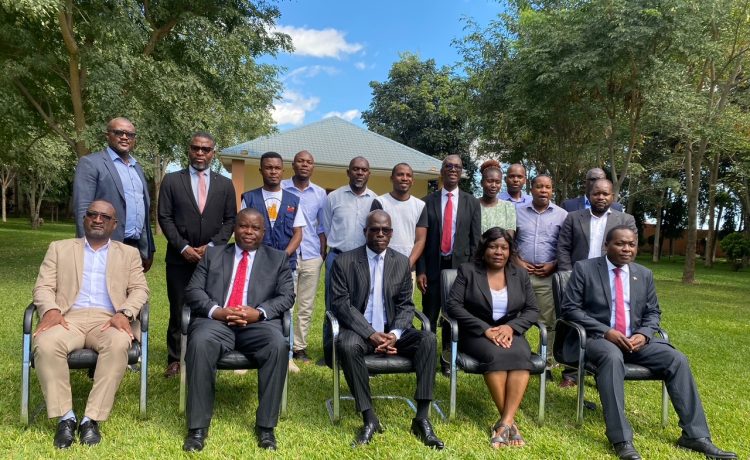In the tranquil hills of Mponela, Dowa, a quiet yet consequential gathering is unfolding—one that may well define the contours of justice and journalism in Malawi for years to come. A two-day interface meeting, uniting voices from the Judiciary Communications Committee and the media fraternity, has opened with a clarion call: to reforge the relationship between the courts and the press in the name of transparency, accountability, and public trust.
The forum—an unprecedented convergence of judicial officials, central region journalists, and the Media Council of Malawi—is far more than a bureaucratic exchange. It is, in essence, a high-stakes negotiation over narrative and nuance, an attempt to harmonize the sacred language of law with the sometimes hurried cadence of headlines.
Opening the proceedings, Chief Registrar Innocent Nebi delivered a keynote that struck a delicate balance between candor and hope. With measured gravitas, he acknowledged the indispensable role of the media in exposing injustices, illuminating courtroom processes, and holding the gavel of justice to public scrutiny. The media, he said, “acts as the bridge between the judiciary and the people we serve.”
But Nebi did not shy away from criticism. He laid bare a host of tensions that continue to undermine this essential alliance—chief among them, selective reporting that sidelines certain courts, and troubling episodes of courtroom misrepresentation that skew public perception and erode trust.
Further complicating matters are structural barriers: limited access to judicial information, linguistic mismatches between legal proceedings and reportage, and a pervasive fear of contempt charges, which often discourages robust coverage of sensitive cases.
And yet, within these complexities, Nebi saw the seeds of transformation.
“This meeting must be more than ceremonial,” he said, his tone shifting to one of challenge. “It must be a working platform—an incubator for solutions that restore balance between judicial integrity and press freedom.”
Participants have already begun exchanging frank reflections—journalists raising concerns over restricted access, and court officials defending protocols they say preserve procedural sanctity. While tensions are real, the air is thick with possibility.
This Mponela dialogue may not resolve all institutional frictions overnight. But in a democracy where both the gavel and the pen are guardians of truth, this rare conversation is a promising sign. For once, rather than speaking past each other, the judiciary and the media are sitting down to listen—and, perhaps, to begin writing a new chapter together.













